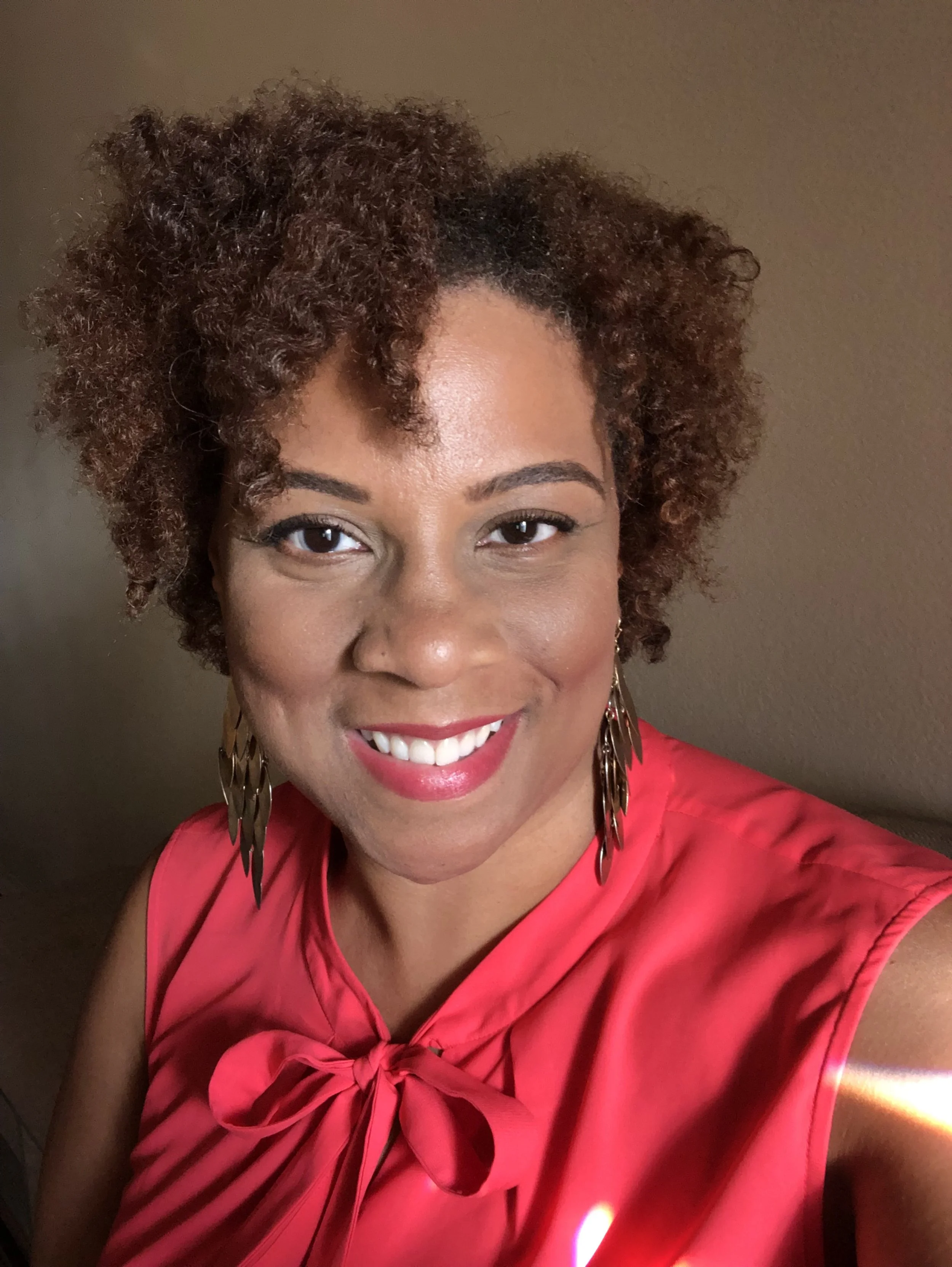Reimagining Grief and Loss
Photo by Jessica Felicio on Unsplash
You would be hard-pressed to find a mental health professional who hasn’t heard of Kübler Ross’ five stages of grief: denial, anger, bargaining, depression, and acceptance. They provide a palatable framework for us to digest the grieving process. Some even may have evolved their thinking and now subscribe to the seven stages of grief, which incorporates shock, disbelief, and guilt into the array of grief responses. And, it’s generally known that these stages progress non-sequentially and non-linearly.
What is sometimes minimized, overlooked, or not considered, are the multiple realms where we experience grief and loss. What is the first image that manifests in your mind when you hear the words “grief and loss”? Do you envision the death of a loved one? It’s likely that you do. Working with trauma survivors has illuminated the overlap between the human experience of grieving the loss of a loved one, and the myriad of life circumstances we face daily that may not readily be identified as grief or loss, but in fact are exactly that. One of the most frequent losses that spur clients to walk into my office in crisis is the loss of a romantic relationship. These clients experience deep pain, extreme tearfulness, hopelessness, depression, despair, a compromised sense of worth, and they have a fervent need to understand what happened. But, are these people grieving? Absolutely!
I’ve identified some of the circumstances that come to mind when I consider grief and loss through a trauma-informed lens. Many of these circumstances occur in the daily course of living, and might or might not be closely connected with trauma. Yet, they can bring up a sense of grief or loss that should be considered in the course of therapy and counseling. This list is by no means exhaustive but may help therapists and counselors take a broader view of what grief work can look like.
Loss of Innocence
Abuse and neglect in childhood create lifelong impact. Often, these clients have experienced events and situations that no child should endure. In adulthood, these survivors often find that they had to normalize truly abnormal circumstances. They attempt to process and make sense of things that should never happen in the life of a child — things that the immature brain is not yet developed enough to process. Perhaps they provided basic care needs for themselves, the younger siblings around them, or the neglectful adults who were unable to provide safety, security, and consistency. Simply put, losing the carefree innocence that childhood should afford can lead to a tremendous sense of grief and loss.
Loss Related to Unmet Parental or Caregiver Needs
Losing a parent at any age can be devastating. Even in adulthood, people (often subconsciously) yearn for someone to play a parental or caretaker role in their lives. When trauma survivors begin to realize that their primary caretaker(s) were unable to provide the basic safety that children need to form secure attachments, I see the onset of grief and loss. Moreover, when adult survivors attempt to navigate some semblance of a normal relationship with caretakers or parents, they are dismayed if those individuals are still unable (and may never be able) to show up for them as protective, supportive, and nurturing parental figures. This becomes a hard pill to swallow that results in a sense of grief.
Loss of romantic partner/attachment injuries
The break up of a romantic relationship is particularly painful when there has been attachment injury. Attachment injury occurs when one partner feels betrayed and abandoned by the other, especially during a time of vulnerability. The betrayed partner experiences a loss of trust, loss of security, and can experience flashbacks to the event that caused the original hurt. This type of trauma is imbued with a sense of loss from which healing can be quite difficult and can present significant challenges to forming new, healthy romantic bonds.
Job loss, organizational trauma, or financial loss
Losing one’s job, the threat of layoffs, substantial organizational shifts, decrease in or loss of pay, or losing co-workers to downsizing can result in a sense of grief and loss. One may experience a sudden awareness of their lack of control when these types of events occur, which can foster a sense of powerlessness. There might also be a revelation about the lack of loyalty that can exist between employer and employee, and a sense of betrayal from that lack of loyalty. An engaged, motivated employee can experience tremendous grief from organizational trauma.
Loss of friendship
There are many reasons why a friendship might end. When friendships end due to betrayal, it can often cause the betrayed friend to lose the sense of safety and security provided in the context of the friendship. Similar in nature to the loss of a romantic relationship, this type of loss of trust can feel incredulous, confusing and can render a sense of grief.
Loss of hope/Loss of faith
A profound loss of hope, or loss of spiritual faith can lead to grieving. Hope or faith can provide critical coping tools that help people keep moving forward in the face of difficult times. Hope or faith helps people believe in a force or power bigger than themselves that is working for their good and benefit. Circumstances that threaten a sense of hope or faith threaten to dismantle a belief system that provides stability and structure and causes uncertainty about future well-being. This type of loss can result in immense grief.
Loss of the unrealized future
This type of loss occurs when people reflect on their lives, and become aware that the life they had envisioned for themselves has not, and may not come to fruition. This is especially salient with events that are logistically or culturally time bound, as in having children, getting married, going to school, or having a career. Although all these things are possible at any age, they may not be possible in the way that one would have idealized, or may not come as readily at later stages in life for a variety of reasons. This is often when people question their life choices, or comment that they feel like they “wasted” their lives or “wasted time”. This can lead to tremendous grief that is not readily understood by those who attempt to be supportive when offering comments like, “It’s not too late”, or “But you can still…”
Fetal loss
Fetal loss can take on many forms, from early to late term miscarriages and abortions, stillbirth, perinatal, newborn, and infant death, and birth-related traumatic brain injury resulting in lifelong loss of functioning. Cultural norms make it difficult if not impossible for women and men to feel comfortable talking openly about these types of losses, which can be terribly isolating. This type of loss is integrally connected to bringing about new life, which is culturally laden with celebratory fervor. When that excitement is dashed by fetal loss, whether involuntary or voluntary, layers of complicated and lifelong grief can occur.
Loss of physical ability/health loss
The loss of control over one’s body or health can be frightening, lend itself to feelings of powerlessness, helplessness, and fear about the future, and can result in profound grief. If the health condition is terminal, there’s an added layer of facing one’s own mortality that can disrupt one’s conceptualization of the meaning of life. This type of loss often results in severe depression.
You may have identified some common themes throughout these depictions of grief and loss — loss of safety or security, loss of control, and loss of power. As therapists and counselors, it is important to watch for these themes when examining presenting problems, and be sure to incorporate grief work into our practice as a regular intervention. When we reimagine grief and loss, we realize that many of life’s events can trigger powerful reactions that deserve to be supported with the same gentle care we would bestow with the death of a loved one.


